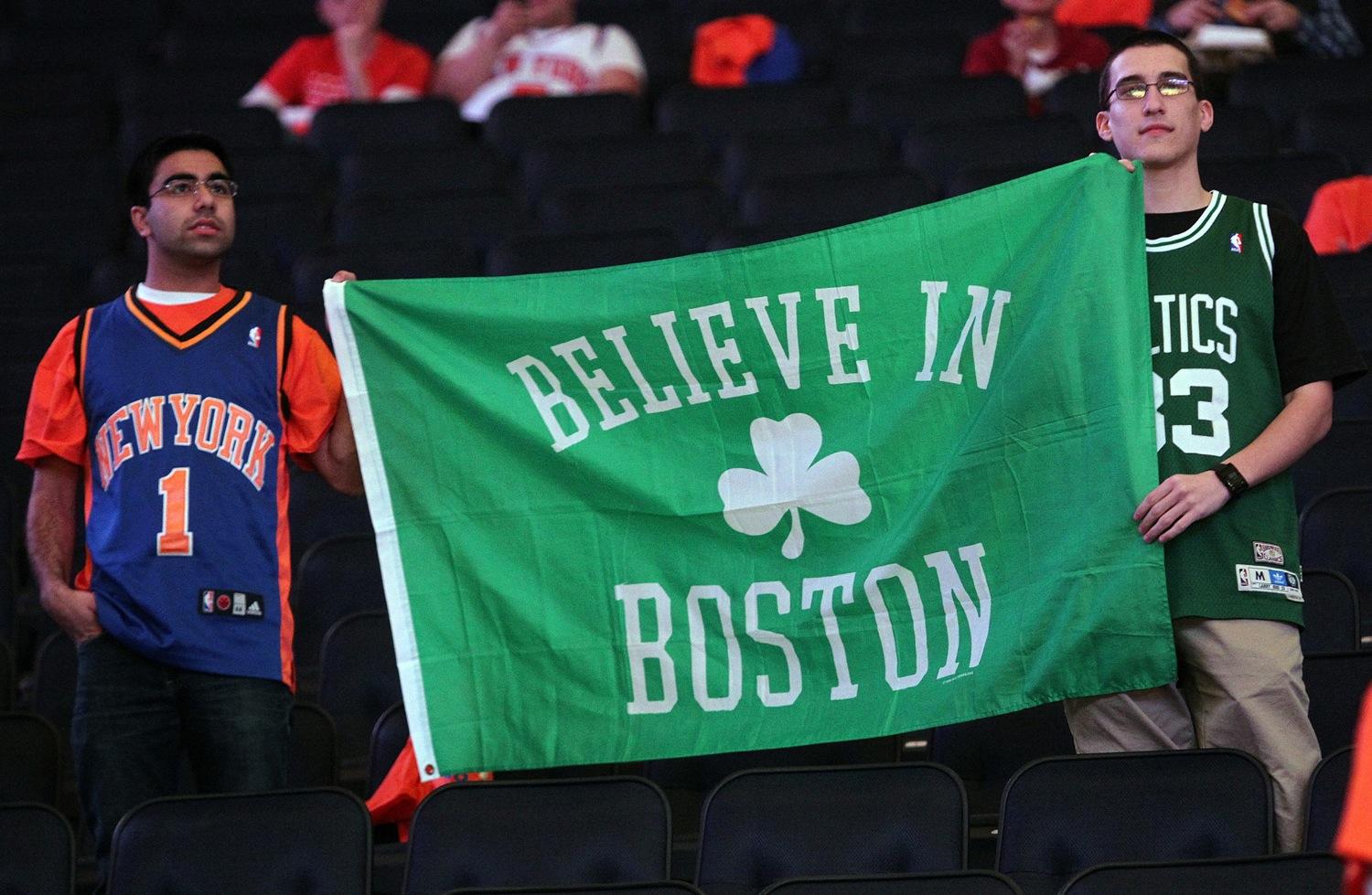The Boston Marathon Bombings Cannot Become Politicized
April 22, 2013

Having lived in Boston for basically my entire life, I’m a tried and true Bostonian.
My family and friends are healthy and safe following the Boston Marathon bombings, but there is still that lingering fear: it all happened so close to home. I was six at the time of the World Trade Center attacks, lived four hours away, and my family in New York lived far from lower Manhattan—even then I was angry, afraid and sad all at once. But that was nothing compared to bombs wracking the city I grew up in, tearing up the pavement in places I’ve walked many times, and setting a cloud of fear over the places and people I love.
It’s an unnerving fear to be afraid of a place that you call home, but the support I’ve gotten has been overwhelming. To see people come together like they have over the past couple of days is truly amazing. However, once details surfaced that the suspects were not some mix of Irish, Italian, French or German and that their family had not been in this country since the 1800’s, the unfortunate politicization of this tragedy quickly came into the limelight.
Senator Charles E. Grassley of Iowa said on Friday, April 19 that the Boston attacks should be a factor in the immigration debate. He basically linked the bombings to flaws in the U.S. immigration system the moment he asked, “How can individuals evade authorities and plan such attacks on our soil? How can we beef up security checks on people who wish to enter the U.S.?”
The two suspects, Dzhokhar A. Tsarnaev and Tamerlan Tsarnaev (the former was captured Friday and the latter was killed Thursday night) are brothers of Chechnyan origin, but they’ve been living in the U.S. since the early 1990’s. By all rights they’re Americans, therefore questions of immigration shouldn’t even be involved.
My own family also emigrated from the Soviet Union in February of 1994. Even though we didn’t come straight off the Mayflower and speak primarily Russian at home, all of us consider ourselves American.
But beyond the fact that the immigration debate is illegitimate in this particular situation, Boston is still dealing with a tragedy that’s affected a lot of people—and this debate is the last thing we need. It’s hard to think of the Boston bombings as domestic, but that’s exactly what they are. Even though the bombers are the Tsarnaev brothers (rather than Smith, Johnson or Jones), they are U.S. citizens.
Although the younger Tsarnaev is now in custody, what happened in Boston is far from over. I can only hope that this will continue to be the kind of tragedy that people stand in solidarity over—not one that turns Americans against each other because of the endless politicization and exploitation.











